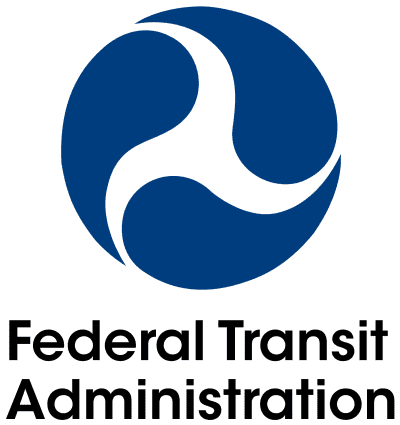ASHEVILLE, NC – The U.S. Department of Transportation’s Federal Transit Administration (FTA) Acting Administrator Carolyn Flowers today announced three Administrator’s Awards for Outstanding Public Transportation Service in Rural Public Transportation. The announcement was made at the 22nd National Rural and Intercity Bus Conference in Asheville, NC.
“The Obama Administration is proud to partner with public transportation services that provide a lifeline for many people in America’s rural communities,” said U.S. Transportation Secretary Anthony Foxx. “By enhancing mobility and increasing access to employment, these unsung heroes of transportation have done an exceptional job of connecting rural residents to ladders of opportunity.”
Since 1985, FTA has recognized great work in rural transit by presenting Administrator’s Awards for Outstanding Public Transportation Service in Rural Public Transportation. This year’s awards seek to recognize rural transit providers that improved the mobility of Americans in rural areas and enhanced access to employment, healthcare, and community services. These criteria were chosen to support the Secretary of Transportation’s Ladders of Opportunity initiative as well as FTA’s Rides to Wellness initiative.
“This year’s awardees have worked to address geographic gaps in services, partnered with other organizations to expand access and made a special effort to serve people with low incomes, seniors, and persons with disabilities,” said FTA Acting Administrator Flowers. “These transit agencies are an excellent example of how public transportation can not only connect people to jobs, medical care and other important services, but also to improve quality of life.”
The top three rural transit providers that were recognized by the FTA are:
Durango Transit, Durango, CO
- Durango Transit provides an average of 500,000 trips annually, serving 17,800 people who live and work in Durango, as well as regional residents and visitors. In March 2016, Durango Transit executed a “Rides to Wellness” Memorandum of Understanding (MOU) with Rocky Mountain Health Plans to ensure that Medicare, Medicaid and dual eligible individuals have transit service to access health care. Durango has coordinated with social service agencies to provide service and travel training to older adults, people with disabilities and low income residents to reach healthcare and other needed services. Durango has worked closely with the local school district to educate high school students about public transit resulting in an increase in younger riders.
Barry County Transit, Hastings, MI
- In 2015, Barry County Transit provided 120,220 passenger rides, serving 59,000 residents within 576 square miles. Following a 2014 assessment which identified a need to extend services to seniors, low income families and others who lacked dependable access to work, school, medical services and other programs, Barry County Transit extended its hours of service into the evening to accommodate riders for work and medical trips; extended service into two counties providing older adults links to healthcare and other services and maintained partnerships with local schools, mental health and other agencies. This resulted in a 30 percent ridership increase in one year including a 20 percent increase for people with disabilities and a nine percent increase for older adults.
Tri-Valley Heartland Express, Crookston, MN
- Known as THE BUS, in 2015 Tri-Valley provided 187,455 passenger rides covering 543,480 square miles in eight northwestern Minnesota counties. Tri-Valley supports “Rides to Wellness” by offering transit access to healthcare and other community support activities. Their headquarters facility is a pick up location for food for low income families through a local partnership; Tri-Valley works with a homeless shelter in Crookston, MN to transport families to Grand Forks, ND, to an event where resources are provided for them; and they have contracted with several healthcare systems and facilities to provide rides for clients and patients.
The work done by these and other agencies will only become more important in the near future, as both population and demand for reliable transit are expected to grow significantly. The FAST Act, passed last year, provides steady and predictable funding for five years with an increase of $1 billion over MAP-21 levels for the total FTA transit program.
Under the FAST Act, rural transit providers are receiving increased federal formula funding under Section 5311, Formula Grants for Rural Areas, and the Tribal Transit Formula, of up to $35 million per year, from $30 million. Additionally, rural transit providers are eligible for funding through FTA’s Bus and Bus Facilities Program, which has both a formula and competitive element.



